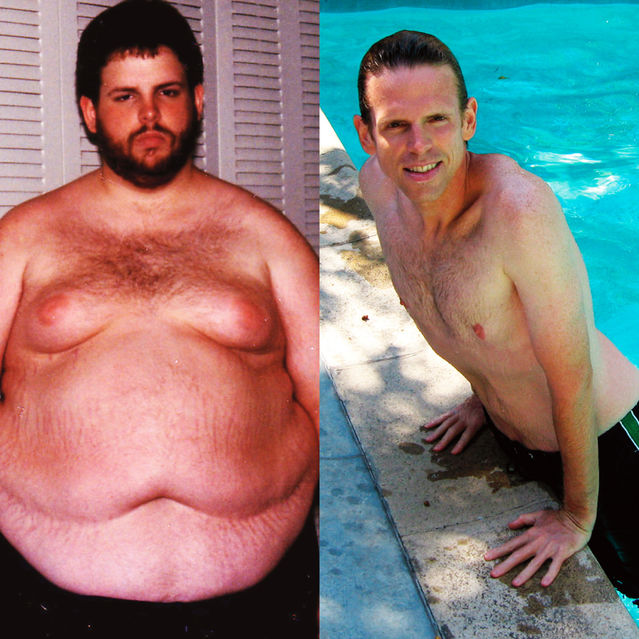Diet
Does Bingeing on Healthier Foods Still Count as Overeating?
Despite what some may tell you, there's no such thing as "free foods."
Posted January 1, 2019

Does eating a healthier food choice like green beans to excess still equate to overeating? Short answer? Yes. And trust me—as someone who once weighed over 450 pounds (and who took off over 250 pounds of excess weight and has kept it off for almost two decades), I should know.
This might seem like a question that didn’t need to be asked in the first place. But I recently saw a segment on a national morning show, during which they spoke to a celebrity who had just “joined” a national weight loss company. No need to mention any names. But said celebrity (AKA endorser) was going on and on about how edamame was a “free food” on the program and thus she could eat as much edamame as she wanted while still on the diet.
In my opinion, this is a potentially harmful theory when it comes to making healthier eating and lifestyle choices—and one of the reasons that so-called “diets” sometimes do not serve us as well as some of these for-profit weight loss companies would lead us to believe they do.
I know what it’s like to binge eat. I used to do it because I was depressed. I used to do it because I was happy. I used to do it simply because I liked a certain food and hadn’t yet comprehended the concept that I could have the food in a healthy portion and then have it again sometime in the future. This was mainly because I’d been taught the “on/off” diet mentality from a very early age. Favorite foods became forbidden fruit (so to speak) and I would eat them in huge amounts, thinking I would/could never have them again when on a healthier eating program.
After years of starting and then cheating on diets, I eventually realized that the issue of my constantly gaining more and more weight had nothing to do with my stomach (a place so many focus on when fighting the battle of the bulge) but, instead, had everything to do with my head (meaning my thinking). After coming to this conclusion, I set out to learn about why I was using food as an emotional crutch. At the same time, I was becoming aware that whenever I started a diet, I would focus on what I was giving up, instead of focusing on what I was gaining (no pun intended).
But even after successfully taking off the excess weight (without giving up certain food groups, without fad dieting, without pills and without surgery), I realized I was still bingeing at times. Sure, I was eating steamed green beans to excess rather than cartons (yes, plural) of ice cream. But I was still binge eating to the point of discomfort.
I soon realized that although the foods had changed, the behavior had not. There is a healthy portion of green beans to eat just as there is a healthy portion of ice cream to eat. And exceeding these portions only works to reinforce old habits that don’t necessarily serve us.
Eating to excess, no matter what the food choices, is still eating to excess. We’re left feeling uncomfortable, bloated and perhaps even feeling some shame about actions.
I have not kept the 250 pounds of excess weight off by eating unconsciously. I think about what I’m eating daily. I still use measuring cups and measuring spoons. Why? Because feeling good is worth any “hassle” that meal prep (and proper portion control) requires. Does this mean I never overeat? Of course, not. I’m human. I still enjoy dining out and will sometimes clear my plate in a restaurant (although sometimes I choose not to).
No matter if it’s food prepared at a restaurant or in a private kitchen, there is no such thing as a “free food.” Overeating is overeating. And binge behavior is still binge behavior. And these are actions that anyone wanting to lose excess weight and/or make healthier eating choices might want to examine. (And for the record, edamame can often be salty, which brings up an entirely different reason as to why it—or anything else—is not a “free food.”)



